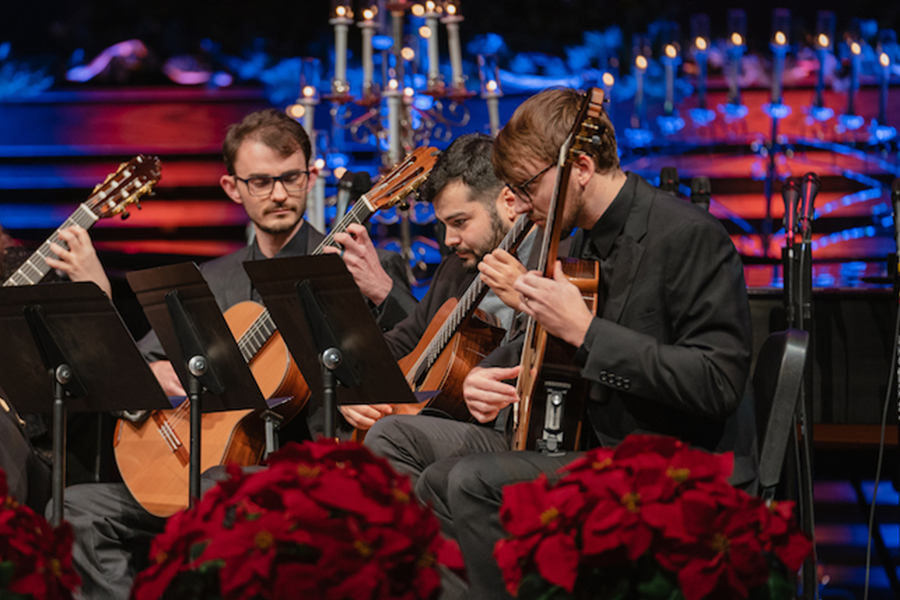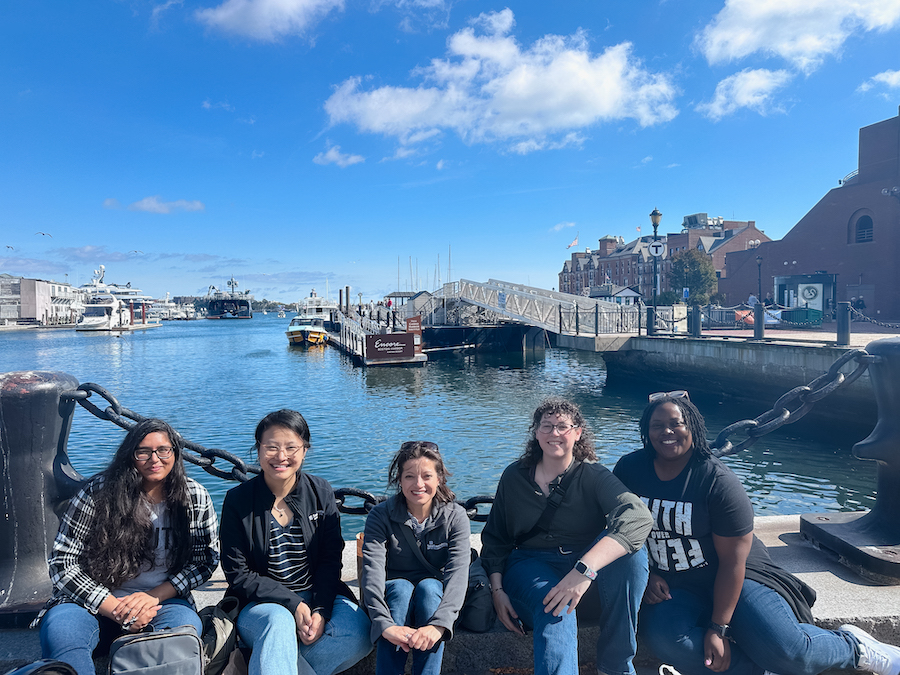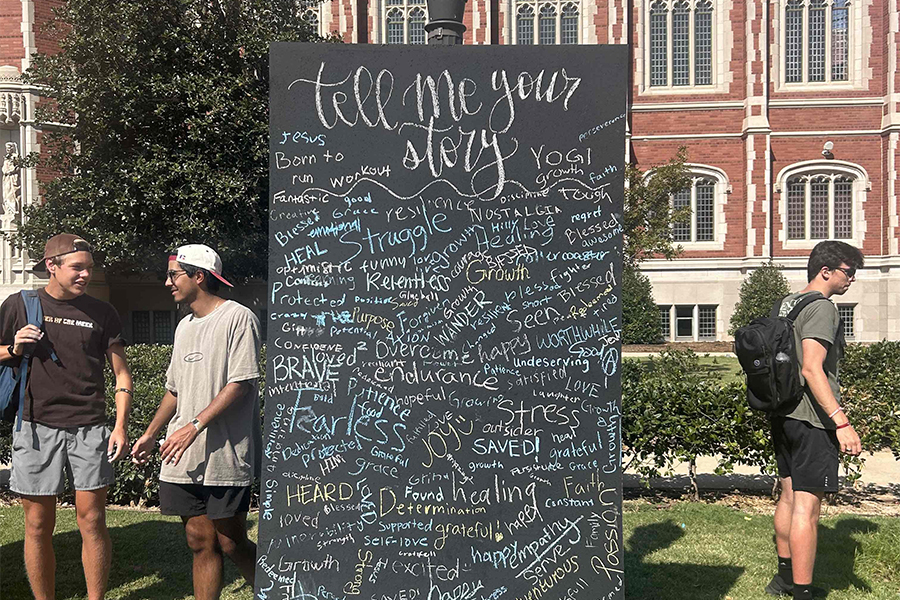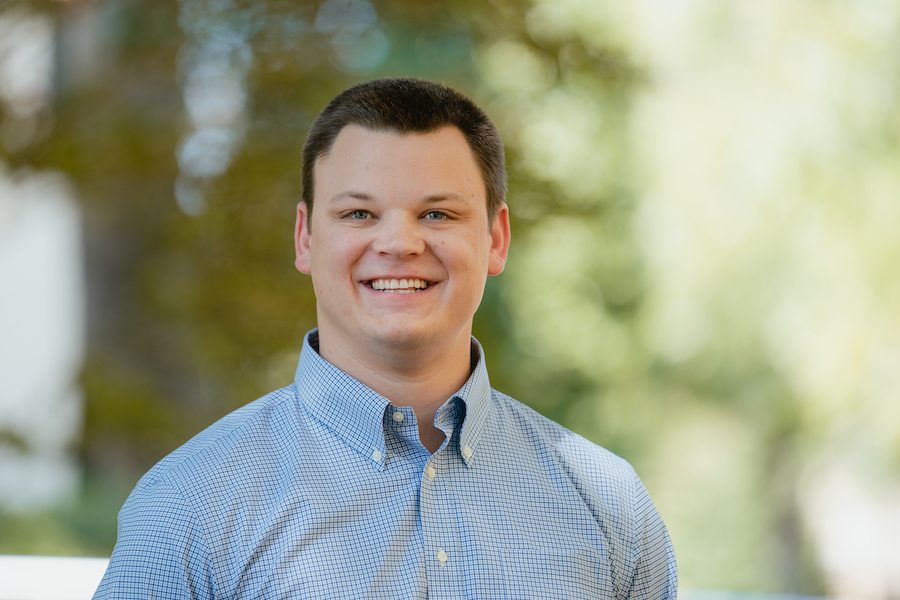Student Emergency Assistance Fund supports Southwesterners affected by COVID-19
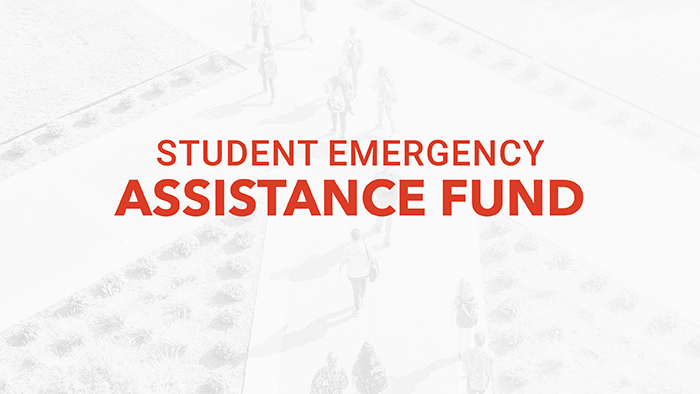

The Student Emergency Assistance Fund (SEAF) at The Southwestern Baptist Theological Seminary provides support for students adversely affected by crisis or emergency. The fund existed prior to the coronavirus pandemic, but recent events have caused the school’s administrators and Office of Institutional Advancement to place special emphasis upon it in order to meet the needs of seminary and college students adversely affected by the current crisis.
“At Southwestern Seminary and Scarborough College, students are the most important constituency of our institution,” says President Adam W. Greenway. “It is my firm commitment that our institution will do everything in our power to assist students who have been adversely affected by COVID-19. I urge all Southwesterners to contribute generously to the Student Emergency Assistance Fund.”
Kevin Caffey, associate vice president for enrollment management, notes that the circumstances of the pandemic are “continually evolving.” Nevertheless, “Students’ health, safety, and well-being remain a top priority as we respond to these unprecedented circumstances. Understanding that many have been affected by the current crisis, SWBTS administrative leaders, in partnership with the Office of Institutional Advancement, have worked with our network of donors and churches to obtain funding to assist students during this trying time.”
Caffey explains that the SEAF provides financial assistance for housing costs, medical bills, educational costs, groceries, and other emergency needs. This will enable students who lost their jobs due to COVID-19, for example, to keep utilities on, rent paid, and basic necessities accounted for.
Terri Stovall, dean of women, says, “Our Southwesterners remain resolute in their calling, and many are doing so much ministry even in these difficult times. But they need to know that we are still here for them. The Student Emergency Assistance Fund is a way for those of us who have enough, to give to those who have sacrificed much to answer God’s call of ministry in a time of want.”
“I have seen the fund provide food to get our single dorm girls through to the next week,” Stovall says. “I have seen others exhale a sigh of relief that today’s need has been met.”
Students in need of such assistance may apply by completing the Student Emergency Assistance Fund Request Form here.
Caffey says, “We are here to serve and will work to connect and assist students in the ways we can.”
Travis Trawick, vice president for Institutional Advancement, says the SEAF is one of three funds to which donors may contribute during the pandemic to ensure that students are provided for and that they continue to receive “the highest quality seminary education.” In addition to the SEAF, the Southwestern Fund provides support for the overall mission of Southwestern by funding “strategic investments that improve and enhance the student experience,” including campus technology, the Campus Medical Clinic, the Campus Police Department, and other student services. Also, the General Scholarship Fund alleviates students’ financial burden while attending seminary or college and minimizes student debt.
“Contributions to these funds address the most pressing student needs and, ultimately, make it possible for us to continue our mission of educating God-called men and women who are engaging in Christian ministry,” Trawick says.
Donors interested in contributing to any of these funds can do so here.
Borrowing the analogy pastor Andrew Fuller used to describe his support of missionary William Carey as “holding the rope,” Stovall says, “We need more hands on the rope, encouraging today’s students, many in the throes of ministry themselves, who may be lonely and discouraged. We need more hands on the rope, investing in the women and men who are standing strong with unwavering faith during uncertain and difficult times.
“And the Student Emergency Assistance Fund is a tangible way to tell a student, ‘God’s got you,’ by providing the means to eat and be strengthened.”
